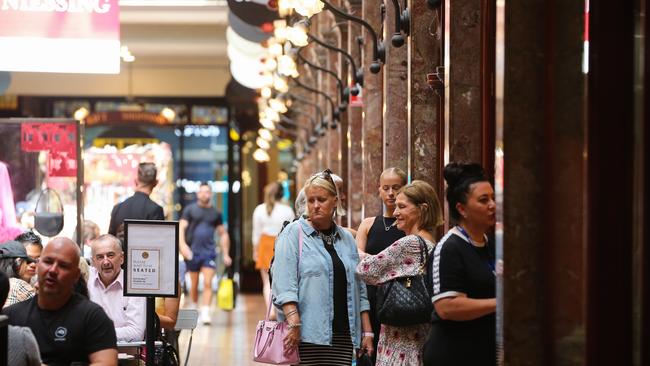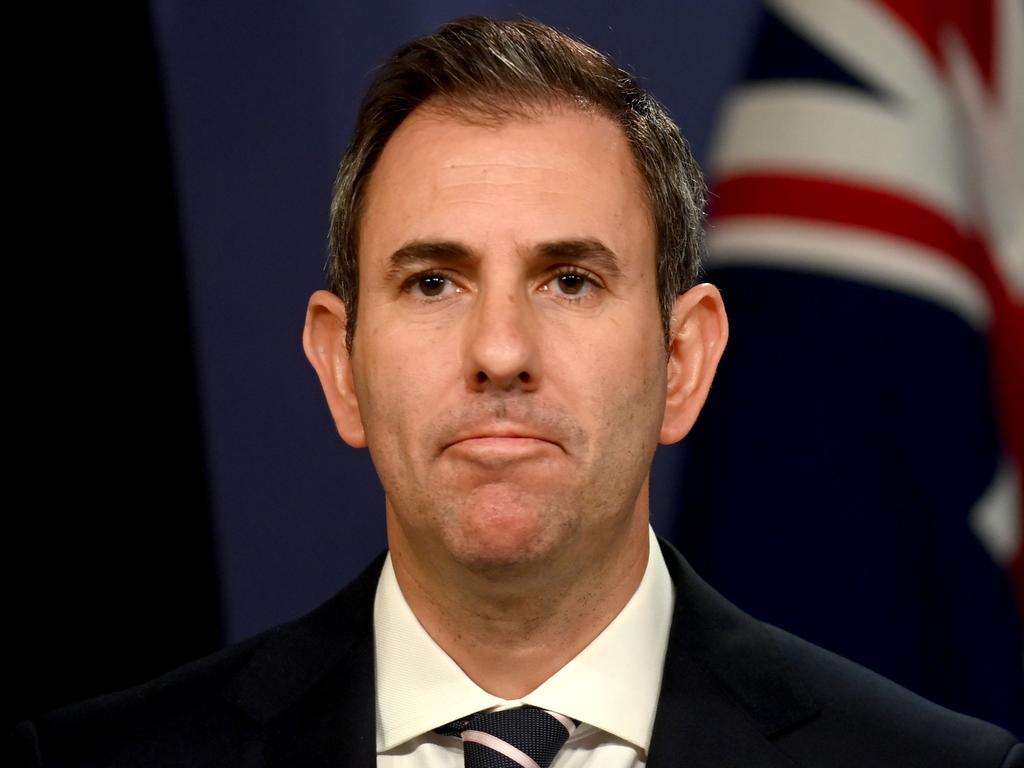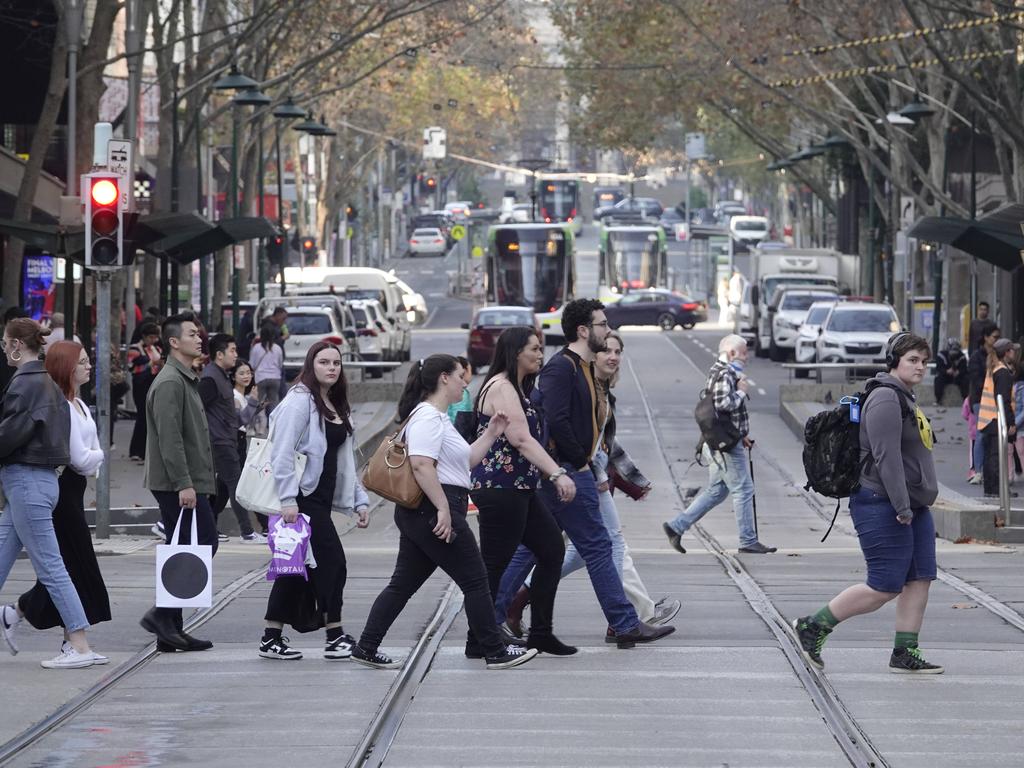RBA’s interest rate rise crushes recovery in confidence
Westpac’s latest report reveals household sentiment is stuck at ‘recessionary’ levels, while a separate survey revealed “worrying signs” of deteriorating business conditions.

The Reserve Bank’s twelfth rate hike has crushed an incipient recovery in consumer confidence, with Westpac’s latest report revealing household sentiment stuck at “recessionary” levels.
The survey conducted June 5-9 straddled the RBA board’s decision to increase its key cash rate from 3.85 per cent to 4.1 per cent.
Leading up to that decision, Westpac’s monthly consumer sentiment index jumped from 79 points to a still-low 89pts (a reading below 100 indicates more pessimists than optimists), Tuesday’s report revealed.
Households surveyed after the decision, however, reported being sharply more pessimistic, with the index among this group tumbling to an “extremely low” 72pts and leaving the overall measure stuck at 79pts in June.
Westpac chief economist Bill Evans said “for the last year the index has held around levels we have not seen on a sustained basis since the deep recession of the late 1980s-early 1990s”.
Nearly eight in 10 respondents said they expected rates to continue to rise over the coming year, with half predicting an increase of 1 percentage point or more.
The ongoing gloom among households over recent months has stood in stark contrast to the relatively upbeat mood and robust operating conditions among businesses.
But cracks are appearing in what has been a boom time for firms, after NAB’s latest survey of corporate Australia showed “worrying signs of a slowing in activity”.
NAB chief economist Alan Oster said this slowdown was most apparent in companies’ forward orders, which have historically proved “the best measure of economic activity”.
“If orders persist at these levels we could well see ongoing sharp falls in business conditions, highlighting the risks around economic growth through the middle of this year,” Mr Oster said.
Even as conditions deteriorated and confidence fell, businesses reported costs continued to rise – echoing the broader picture of weakening growth but persistent inflationary pressures that have triggered renewed concern at the RBA about “upside risks” to the inflationary outlook.
Following the release of the report, NAB economists added another rate rise into their forecasts, predicting a hike next month to 4.35 per cent, followed by another to 4.6 per cent in July or August.
With only a third of households dealing with the surging mortgage costs, Westpac’s consumer survey showed inflation more broadly, rather than interest rates, was the predominant issue on the minds of Australians.
Renters also reported being more confident than mortgage holders, although there was little overall difference between tenants, mortgaged homeowners and those who owned their home outright.
When asked about the news items that resonated the most in June, 62 per cent mentioned inflation, 43 per cent said budget and taxation, 40 per cent said economic conditions, 32 per cent mentioned employment, and only 28 per cent said interest rates.
Mr Evans said “news on these topics continues to be assessed as more negative than positive”.
“News on inflation is assessed as by far the most negative issue, followed by interest rates, while assessments of economic conditions, employment and the budget show significant improvements relative to the last read on consumer news recall back in March,” Mr Evans said.
Mr Evans said he anticipated another rate rise to 4.35 per cent when the RBA board next meets on July 4.








To join the conversation, please log in. Don't have an account? Register
Join the conversation, you are commenting as Logout